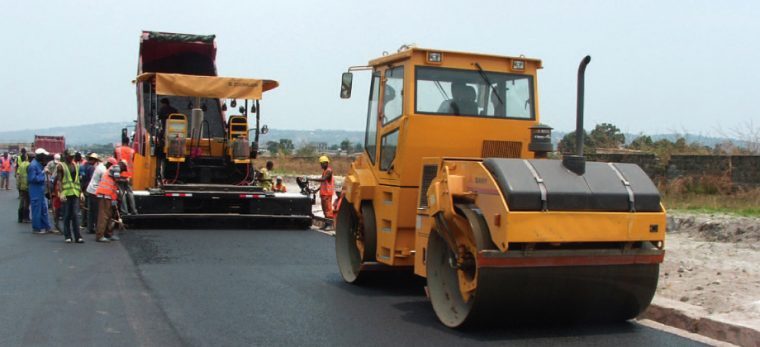
The company that won a lucrative $2 billion contract for the construction of Zimbabwe’s most important highway is under a World Bank ban for tender rigging and fraud.
Zimbabwe recently named Chinese firm China Harbour Engineering Company Ltd (CHEC) as the main contractor of the Beitbridge-Chirundu highway dualisation project. An Austrian firm based in China, Geiger International, was named as the financier of the project.
However, according to a World Bank listing of firms that are ineligible for contracts that it finances, state-owned China Communications Construction Company (CCCC) Limited, CHEC’s parent company, is banned until 2017. According to the World Bank, companies that it places on its blacklist would have been found in violation of its “fraud and corruption policy”.
China’s largest port construction and design company with annual revenues of nearly $60 billion in 2014, Hong Kong-listed China Communications has 34 subsidiaries involved in port, terminal, road, bridge, railway, tunnel, civil work design and construction, among other infrastructure projects. The Company is also the world’s largest container crane manufacturer.
The World Bank banned CCCC after another of its subsidiaries was accused of “collusive practices” on a World Bank-funded road tender in the Philippines. The subsidiary was involved in further bribery and corruption allegations in the Cayman Islands, Jamaica, Bangladesh and Uganda.
According to the World Bank, the ban on CCCC is “in respect of contracts under a World Bank Group‐financed or executed project related to roads and bridges and extends to any firm directly or indirectly controlled by China Communications Construction Company Limited in respect of such contracts.”
In recent years, the World Bank has also banned major global brands, including UK publisher Macmillan Limited and Siemens’s Russian subsidiary. Siemens AG agreed to pay $100 million in a settlement to support the global fight against corruption.
CCCC’s ban means CHEC cannot be awarded any contract funded by World Bank, but it is still free to access other funding elsewhere for separate contracts. However, a ban by the World Bank, which funds major infrastructure projects around the world, raises fresh questions about the credibility of Zimbabwe’s tendering process.
“There is no due diligence,” a senior government official familiar with the road tender said. “Where there is some (due diligence), decision makers are ignoring evidence that some of the companies getting the big contracts need more scrutiny.”
Continued next page
(991 VIEWS)